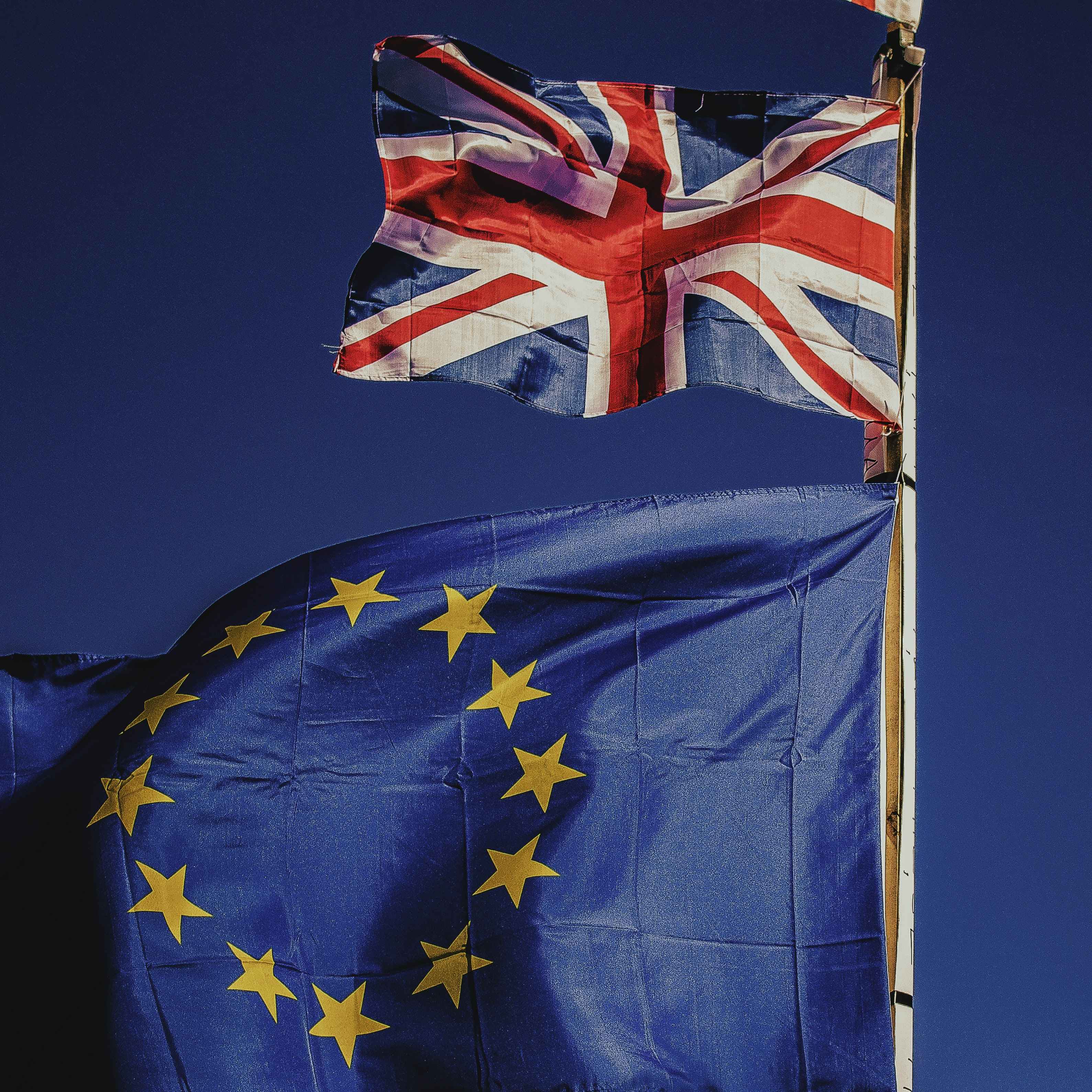GDPR Regulations In Britain: Are Businesses Bound By Two GDPR Laws After Brexit?
The General Data Protection Regulation (GDPR) and Data Protection Act of 2018 affects how you, as a website owner, must obtain and store your cookie contents and ask for cookie permission from any visitors coming to your site.

By Iffy Kukkoo
03 Dec, 2021
The General Data Protection Regulation (GDPR) and Data Protection Act of 2018 affects how you, as a website owner, must obtain and store your cookie contents and ask for cookie permission from any visitors coming to your site. This applies to both UK & EU citizens.
The United Kingdom departed the European Union (EU) on January 31.
After leaving the EU, new domestic laws will be put in place to ensure that personal data safety is continued in the UK.
While, in many cases, the laws introduced by the EU are near identical to the ones that the UK has introduced, there are some things that you should take into consideration with GDPR after Brexit.
What Happens To GDPR Laws After Brexit?
The UK is now classed as a ‘third country’ under the GDPR laws, which the European Union sets out. An agreement was signed in December 2020, which allows for a ‘transition’ or ‘interim’ period, which lasts until June 2021. This, until that date, allows for an unrestricted flow of data between the two blocs.
So what happens to data after June 2021?
- An agreement is hoped to be met before the transition period ends so that data flow can continue between the United Kingdom and other European countries.
- New laws have been put in place to ensure that data is still protected in the United Kingdom. This includes an updated version of the Data Protection Act and a brand new GDPR law called UK-GDPR.
- For any British companies and websites that still operate in the EU, the EU’s GDPR laws will still apply for processing personal data from visitors.
While a new law has been created for GDPR and personal data in the UK, the law's core spine remains the same. The principles include:
- The processing of data and lawfulness of processing that data (Article 5). The rules around processing special sections of personal data (Article 9). This includes identifying factors such as religious beliefs, political opinions and sexual orientation.
- Asking for consent with the processing of your personal data (Article 7).
- The right to access, forget, portability, and rectify your data (Article 15-22).
Enjoying the blog? Have a look at the implications GDPR has on CCTV.
The Legalities Of GDPR Laws In Britain After Brexit
The European Withdrawment Agreement signed by both the UK and the European Union includes specific regulations around the processing of personal data and the flow of that said data in the UK and the EU.
Referring to Articles 70-73 in the said agreement, state that the UK…








